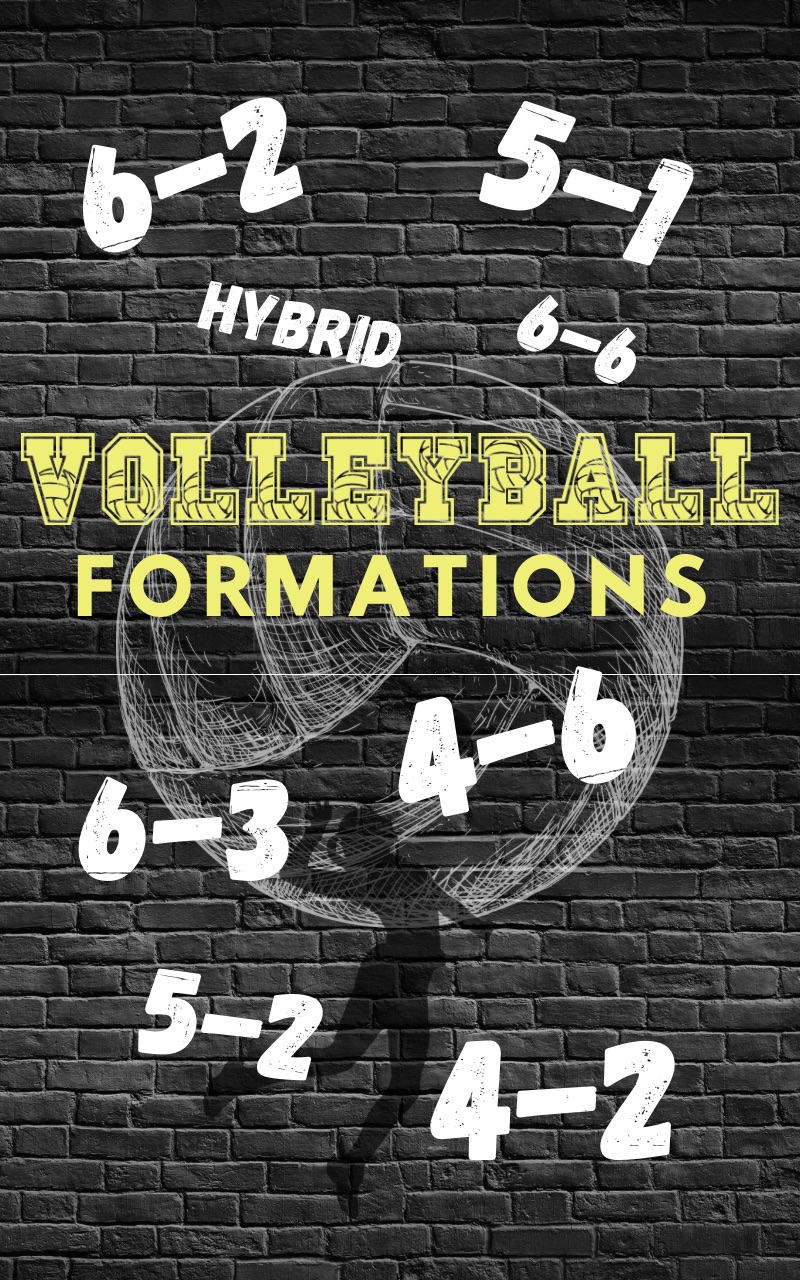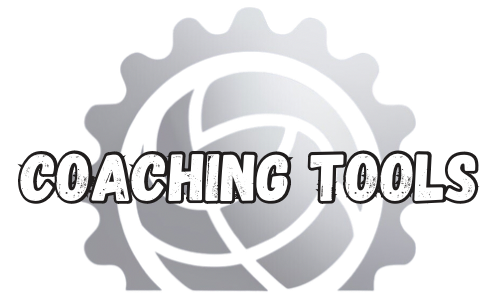
|
Balancing Skill Development and Game Strategy in Volleyball
| |

**1. Skill Development: The Foundation of Success:** Skill development is the backbone of any volleyball team. Players must continually refine their passing, serving, hitting, blocking, and setting abilities. Coaches should dedicate time to skill-building drills, ensuring that players are technically sound and confident in their abilities. **2. Skill Specialization:** Each player has a unique set of skills that can be harnessed to benefit the team. Coaches should identify these specializations and encourage players to embrace their roles. For example, a player with a powerful serve may focus on becoming a serving specialist, while another with quick reflexes could excel as a libero. **3. Tactical Awareness:** Understanding game strategy is just as crucial as mastering skills. Players should know how to read the game, anticipate the opponent's moves, and make strategic decisions. Coaches must foster tactical awareness by simulating game situations during practice. **4. Strategy Integration:** Game strategy and skill development should complement each other. For instance, a strong hitter should know how to adapt their attacks based on the opposing team's defense. This synergy between skills and strategy can turn good players into exceptional ones. **5. Scenario-Based Training:** Incorporate scenario-based training into practices. For instance, simulate high-pressure situations such as match point or critical rallies, allowing players to apply their skills within the context of strategic decision-making. **6. Film Analysis:** Regularly review game footage with the team to dissect performance, highlight areas for improvement, and assess the effectiveness of applied strategies. Film analysis can be a powerful teaching tool for refining skills and tactics. **7. Adaptability and Flexibility:** In volleyball, the game can change in an instant. Teams must be adaptable, ready to adjust strategies and tactics as the match unfolds. Encourage players to be flexible in their approach, adapting to the flow of the game. **8. Continuous Learning:** The pursuit of excellence is ongoing. Coaches and players should prioritize continuous learning, seeking new strategies, refining skills, and staying updated on the latest developments in volleyball. Conclusion: Balancing skill development with game strategy is the hallmark of a successful volleyball team. By fostering a deep understanding of the game's strategic aspects while simultaneously honing individual and team skills, players and coaches create a potent combination that can lead to victory. Volleyball is a sport where precision, adaptability, and teamwork are paramount. When these elements are harmoniously balanced, the path to success becomes clear, and the journey on the court becomes an exhilarating one. |

 Purchase Ebook on Amazon Purchase Ebook on Amazon
|
Volleyball techniques Volleyball strategies Volleyball drills Volleyball skills Volleyball fundamentals Volleyball tips Volleyball training Volleyball coaching Volleyball playbook Volleyball exercises Volleyball equipment Volleyball gear Volleyball practice Volleyball coaching tips Volleyball playing tips Volleyball tutorials Volleyball lessons Volleyball techniques for beginners Volleyball skills development Volleyball coaching tools Volleyball teaching aids Volleyball improvement tips Volleyball tactics Volleyball game strategies Volleyball mental preparation Volleyball injury prevention Volleyball nutrition tips Volleyball warm-up routines Volleyball conditioning exercises








